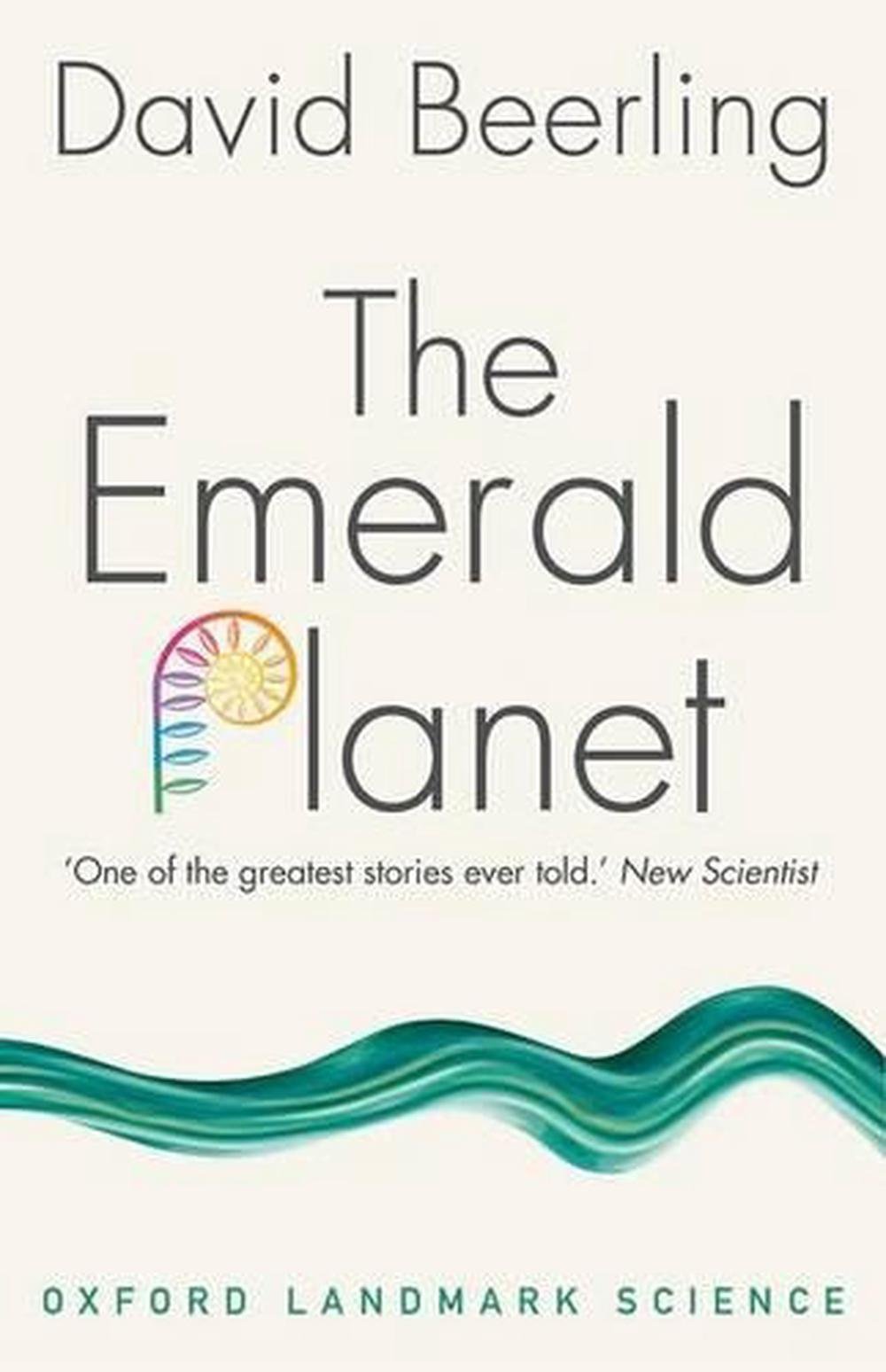
The Emerald Planet
How plants changed Earth's history
$43.25
- Paperback
416 pages
- Release Date
8 March 2017
Summary
Plants have profoundly moulded the Earth’s climate and the evolutionary trajectory of life. Far from being ‘silent witnesses to the passage of time’, plants are dynamic components of our world, shaping the environment throughout history as much as that environment has shaped them.
In The Emerald Planet, David Beerling puts plants centre stage, revealing the crucial role they have played in driving global changes in the environment, in recording hidden facets of Earth’s histor…
Book Details
| ISBN-13: | 9780198798323 |
|---|---|
| ISBN-10: | 0198798326 |
| Author: | David Beerling |
| Publisher: | Oxford University Press |
| Imprint: | Oxford University Press |
| Format: | Paperback |
| Number of Pages: | 416 |
| Release Date: | 8 March 2017 |
| Weight: | 394g |
| Dimensions: | 196mm x 130mm x 30mm |
| Series: | Oxford Landmark Science |
You Can Find This Book In
What They're Saying
Critics Review
Review from previous edition: “Within these pages is one of the greatest stories ever told… It is as fascinating as it is important.” –New Scientist 31/3/2007
Review from previous edition: ‘Within these pages is one of the greatest stories ever told… It is as fascinating as it is important.’ – New ScientistHere at last is David Beerling as the Green Knight, revealing the extraordinary story of the construction of our emerald planet. Rigorous science joins hands with an enthusiastic delivery to re-awaken our fascination in plants, while engaging anecdotes provide a thrilling background to an extraordinary story of climate change and our current environmental crisis. ' -- Simon Conway Morris (author of Life's Solution)Beerling gives us the big picture of how plants have changed our planet - and poses the key question of how we will manage the emerald planet to ensure the kind of future we desire. ‘ – Sir Peter Crane (Director of the Royal Botanic Gardens, Kew, 1999-2006)If I can find a fault with this book it is that each subsequent chapter is so engrossing that it drives the author's previous deliberations from my head... I will return to this book again and again.' -- Lyn Dunachie, Glasgow Natural History SocietyDavid Beerling’s book is both fascinating and important.’ – P D Smith, The GuardianAn illuminating account of the ways "greenhouse gases, genes, and geochemistry" are linked.' -- P D Smith, The GuardianMy favourite non-fiction book this year…[a] highly readable history of the last half-billion years on earth’ – Oliver Sacks, Observer Books of the YearDavid Beerling tells two stories in parallel. Both are eloquently and engagingly merged in a scholarly, yet generally accessible book...Beerling provides for the reader a fascinating history of the discovery of fossils and the inferences drawn from them...this book is a wonderful example of the nascent field of Earth systems science.' -- Paul Falkowski, Nature…of great value and relevance to all interested in plants, climate and, equally, the future of our ‘emerald planet’.’ – John MacLeod, RHS Professor of Horticulture, GardenDavid Beerling's fascinating new book offers a new global perspective on the evolution of our planet...[a] vivid account...The environmental legacy of the plant kingdom upon our world can only be better appreciated after reading this book.' -- Louis Ronse De CraeneA beautifully detailed account…a gorgeous book.’ – Steven Poole, The Guardian (Review)[A] fascinating overview of green evolution.' -- Karl Dallas, Morning StarWithin these pages is one of the greatest stories ever told … It is as fascinating as it is important.’ – New Scientist`The Emerald Planet is a serious talking-to about why plants must not be ignored.’ – Jonathan Silvertown, TLS
About The Author
David Beerling
David Beerling is Professor of Palaeoclimatology at the Department of Animal and Plant Sciences University of Sheffield. Before this he held a Royal Society University Research Fellowship, where his work on the evolution of life and the physical environment was recognized by the award of a prestigious Philip Leverhulme Prize in earth sciences (2001). In 2014 he was elected Fellow of the Royal Society, and from 2009-2014 he held the Royal Society-Wolfson ResearchMerit Award. He has published over 100 papers in international scientific journals and is co-author of Vegetation and the Global Carbon Cycle: Modelling the first 400 million years (CUP, 2001).
Returns
This item is eligible for free returns within 30 days of delivery. See our returns policy for further details.




